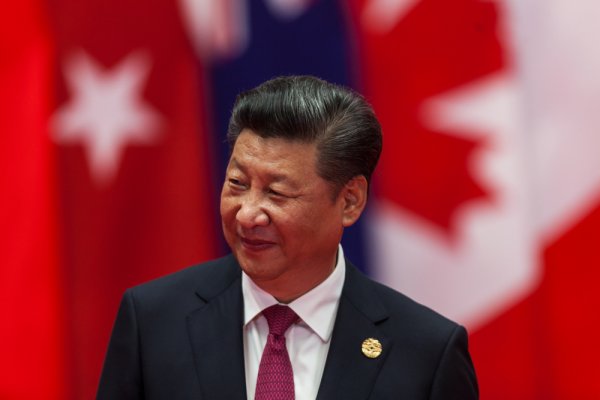China currently holds the unenviable record of having the worst gender imbalances in the world, with the most recent data showing that there are 67 million more males than females in the total population. According to my own projections, by 2030, there could be as many as 48 million ‘excess’ or ‘surplus’ men of marrying age in the country. That’s a huge number of men who will be looking for love but unable to find it!
These gender imbalances have resulted from the steady rise in China’s sex ratio at birth (SRB) since the mid-1980s, when it was in the ‘normal range’ of 104-106 boys for every 100 girls born. According to official statistics, the national SRB peaked at 121.4 in 2004, and in some provinces it was higher still at more than 130.
Several factors must co-exist for such appalling gender imbalances to emerge, and China ticked all the boxes in the past
Several factors must co-exist for such appalling gender imbalances to emerge, and China ticked all the boxes in the past. The first is a preference for sons – something that alarmingly remains almost universal, including in China. The second is some kind of limit on the number of children women can have, with the one-child policy being a ‘perfect’ example. Next, there must also be the ability to detect gender prior to birth, and a willingness to then abort unwanted foetuses (it’s hard to find a nicer way to put it). In China, the widespread use of ultrasound from the mid-1980s, combined with lax government laws preventing sex-selective abortion, made it all possible.

Single men are saving more to increase their chances of finding love – or at least, a wife
There are a number of economic consequences of rising gender imbalances in China. The most visible of these has been the steady rise in household savings rates since the 1980s – more than half of which could be explained by the number of ‘excess men’ according to Professor Shang-jin Wei and his colleagues at Columbia University. Arguing as only economists could, their logic was centred around a ‘competitive marriage market’ in which single men would choose to save more to increase their chances of finding love – or at least, a wife.
High saving rates, in turn, provide the funds for domestic investment and hence domestic output expansion. But they also have international implications, with the excess of Chinese savings over investment fuelling China’s current account surplus, (and the United States’ current account deficit). This is hardly to suggest that China’s rising sex ratio is to blame for Donald Trump’s decision this year to slap tariffs on Chinese imports and push the world’s two largest economies into a trade war. But it does suggest that the consequences of rising gender imbalances in the world’s most populous country have been far-reaching.
Other consequences – discussed at length in Mara’s Hvistendhal’s outstanding book on Unnatural Selection: Choosing Boys over Girls and the Consequences of a World Full of Men – include rising crime rates, rising levels of prostitution and rising numbers of Chinese men (joining those from South Korea and Taiwan) going on ‘marriage holidays’ to Vietnam and other poorer Asian countries, to buy brides there because they’ve failed to find them at home.
Some economists have argued that there is no need to make sex-selective abortion illegal because the market will solve the problem, with an excess demand for women leading to a rise in their ‘value’
Economists like the late Gary Becker of the University of Chicago – famous for its free-market ideology – have argued in the past that there is no need to make sex-selective abortion illegal because the market will solve the problem, with an excess demand for women leading to a rise in their ‘value’. Fortunately, the Chinese government does not share this conviction, and made reducing the SRB a national priority in 2012. Since then, there has been a steady decline in the ratio, which, according to one source, had fallen to 1.15 in January 2018.

President Xi Jinping’s ‘Beautiful family’ campaign promotes traditional gender roles
But it will take more than this to solve the problem altogether. It will be hard to undo thousands of years of son preference in China – as elsewhere. President Xi Jinping’s 2015 ‘Beautiful family’ campaign, which stresses the traditional role of women ‘belonging at home’, is unlikely to help – and some of the latest news about how this is changing Chinese society are damning.
Surveys have shown that Chinese married women spend double the time of their husbands doing household chores, and they are also encouraged to take a back seat in career advancement. These and many other factors help to explain why gender is the number one contributor to earnings inequality in China – further evidence, if you needed it, that Becker’s arguments were invalid.
What if women started to make men compete using more than just money? What about men who promised to do the dishes?
I have recently started to wonder whether that ‘competitive marriage market’ could be the answer. What if Chinese women (and for that matter, women the world over) started to make men compete using more than just money? What about men who promised to do the dishes? And committed to loving and valuing their daughters as much as their sons? This would help reduce China’s gender imbalances, improve its gender inequalities, and maybe even help to stop a global trade war in the process.
That’s a long shot, but love has far more to do with it than I’ve realised in the past.




